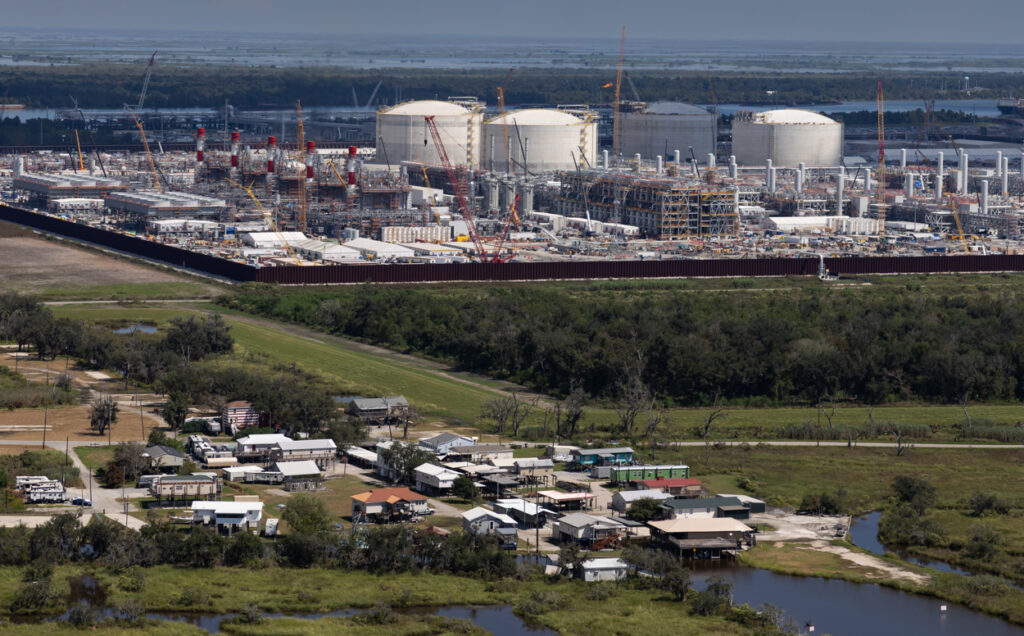Updated to correct source of research
Bjorn Lomborg, the Disingenuous Environmentalist is at it again, taking advantage of the delusionist tendencies of the Washington Post’s opinion page editors to argue that climate change is no worries and that coal is the key to our long-term health and prosperity.
Lomborg bases this particular example of economics fiction (a less rigorous form of science fiction) on the work of the economist Richard Tol, whose previous machinations have made it obvious that he is happy to take Lomborg’s Copenhagen Consensus Center funding and feed back the conclusions Lomborg would like.
This raises a question of accountability. Lomborg starts a “Consensus Center” with seed funding from the right-wing Danish government of the day, but he doesn’t share all of details of his ongoing income. Using that anonymous funding to commission a study by Tol, Lomborg then bases his own arguments on the purported results of Tol’s work. So, we’re left looking at a study paid for, at least in part, by anonymous funders on behalf of a guy (Lomborg) whose reputation for accuracy is getting worse every time he opens his mouth.
What of this study? Well, according to Lomborg’s interpretation, it says that keeping global warming below two degrees Celsius will incur a “global price tag of $46 trillion in 2100, to avoid expected climate damage costing just $1.1 trillion.”
That $46-trillion total seems pretty big, although considering the effects of inflation, over 100 years, it’s a great deal less than, say, what the U.S. spends on adventuring in places like Iraq and Afghanistan. Lomborg and Tol also have a track record of manipulating the discount rate inflate their calculations for the costs of climate action relative to the costs of alternatives.
But it’s the $1-trillion total for anticipated climate change damage that seems, on the face of it, stone stupid. The bill for hurricane Katrina was nearly $100 billion. So we can blow almost 10 per cent of our impacts budget for the whole century in one storm. And Munich Re reported global weather-related insurance losses in 2008 at $200 billion, up from $82 billion the previous year.
Lomborg would be quick to point out that not all of those costs can be attributed solely and directly to climate change. So, throw out three quarters and forget adding an inflation factor. Then multiply by 100 and presto, we’ve quintupled Lomborg’s damage total and (not counting climate-change related disasters like what’s happening in Darfur) things really haven’t started to get bad – yet.
There are other bits of fallacious nonsense in Lomborg’s piece. For example, he tries to pin the current outbreak of global protectionism on a U.S. cap-and-trade bill that hasn’t even been passed through the Senate. But most disappointing is his failure to invoke the poor starving children of Africa and the HIV/AIDS sufferers the world over. Usually, he gives some touching pitch about how we should be giving THEM the money rather than using it to fight clmate armageddon.
This time, however, he only makes an argument for burning coal.
As I said earlier: stone stupid.
Coming back to the Post, the most bewildering part of all this is why they continue to run Lomborg’s drivel when it is so patently silly. When historians look back on this time, they will condemn Exxon, ACCCE and Lomborg as companies and people who let self-interest overwhelm logic and integrity. But, hey, it happens.
Irresponsible newspaper editors, however, should find a special place in hell. We’re supposed to be able to count on their good faith, their good will and their good judgment. As Miles Grant says at Grist, we no longer expect those qualities from Fox or the Wall Street Journal. But the Washington Post? That’s a paper that is still chock full of people who make an obvious effort to report the news – impartially and professionally. What a sad aberration the Op/Ed page seems to be.
Subscribe to our newsletter
Stay up to date with DeSmog news and alerts







